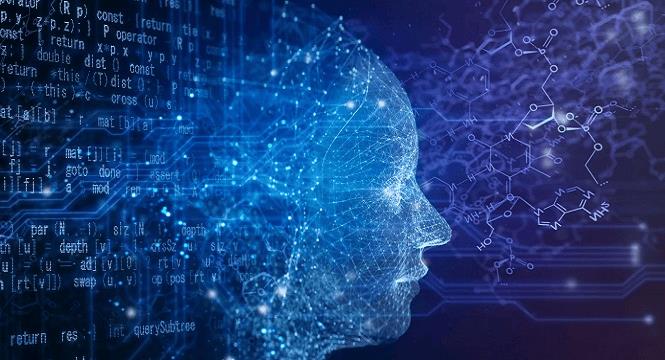
Generative AI Cuts HR Labour Time By Up To 20%: Study
Bain's research, supported by its Generative AI Workforce Impact Explorer tool, outlines the substantial time savings possible across various HR roles. HR business partners can save up to 15% of employee time by streamlining tasks, talent acquisition teams can reduce time spent on processes by as much as 20%, and HR operations teams can achieve savings of up to 35%. These efficiencies, Bain argues, create space for HR to evolve into a more impactful, advisory role.
John Hazan, a partner at Bain & Company and global head of the firm's Talent solution, explained that HR is at a crossroads. The function is under pressure to become both more cost-effective and more strategic, which he acknowledges is a difficult balance to achieve. He noted that generative AI could transform HR from being primarily transactional to a more influential, strategic role, enabling HR professionals to focus on designing workplace culture and advising business leaders.
Hazan pointed out that, on average, companies can reduce HR labour time by up to 20% through AI-driven automation and augmentation.
The report highlights that as generative AI automates routine tasks, HR leaders can restructure their teams and redefine their skill sets. This shift will allow HR specialists to become innovation hubs, HR business partners to focus on fostering workplace culture and offering strategic guidance, and HR operational teams to evolve into data analysts who generate actionable insights.
For organizations in the Middle East, this evolution represents a significant opportunity, according to Serge Eid, a partner in Bain & Company's Public Sector & Government and Strategy practice in the region.
Eid emphasized that by embracing generative AI, HR professionals can concentrate on building skills for the future, enhancing employee engagement, and driving cultural transformation.
HR business partners are leveraging AI to provide insights on HR trends, summarize employee engagement data, and create actionable workforce plans. Generative AI is also streamlining performance reviews by automating quality checks. Additionally, HR operations are benefiting from AI's ability to process and update data with high accuracy, generate detailed reports, and identify trends from survey data, all of which allow HR professionals to focus on delivering strategic value.
This integration of AI into HR is not without its challenges, particularly when it comes to ensuring ethical use and avoiding over-reliance on technology. However, Bain's findings underscore that when implemented thoughtfully, generative AI can help HR strike a balance between efficiency and personalization. By offloading repetitive tasks to AI systems, HR teams can concentrate on what truly matters-engaging with employees, shaping organizational culture, and driving growth.

Legal Disclaimer:
MENAFN provides the
information “as is” without warranty of any kind. We do not accept
any responsibility or liability for the accuracy, content, images,
videos, licenses, completeness, legality, or reliability of the information
contained in this article. If you have any complaints or copyright
issues related to this article, kindly contact the provider above.


















Comments
No comment